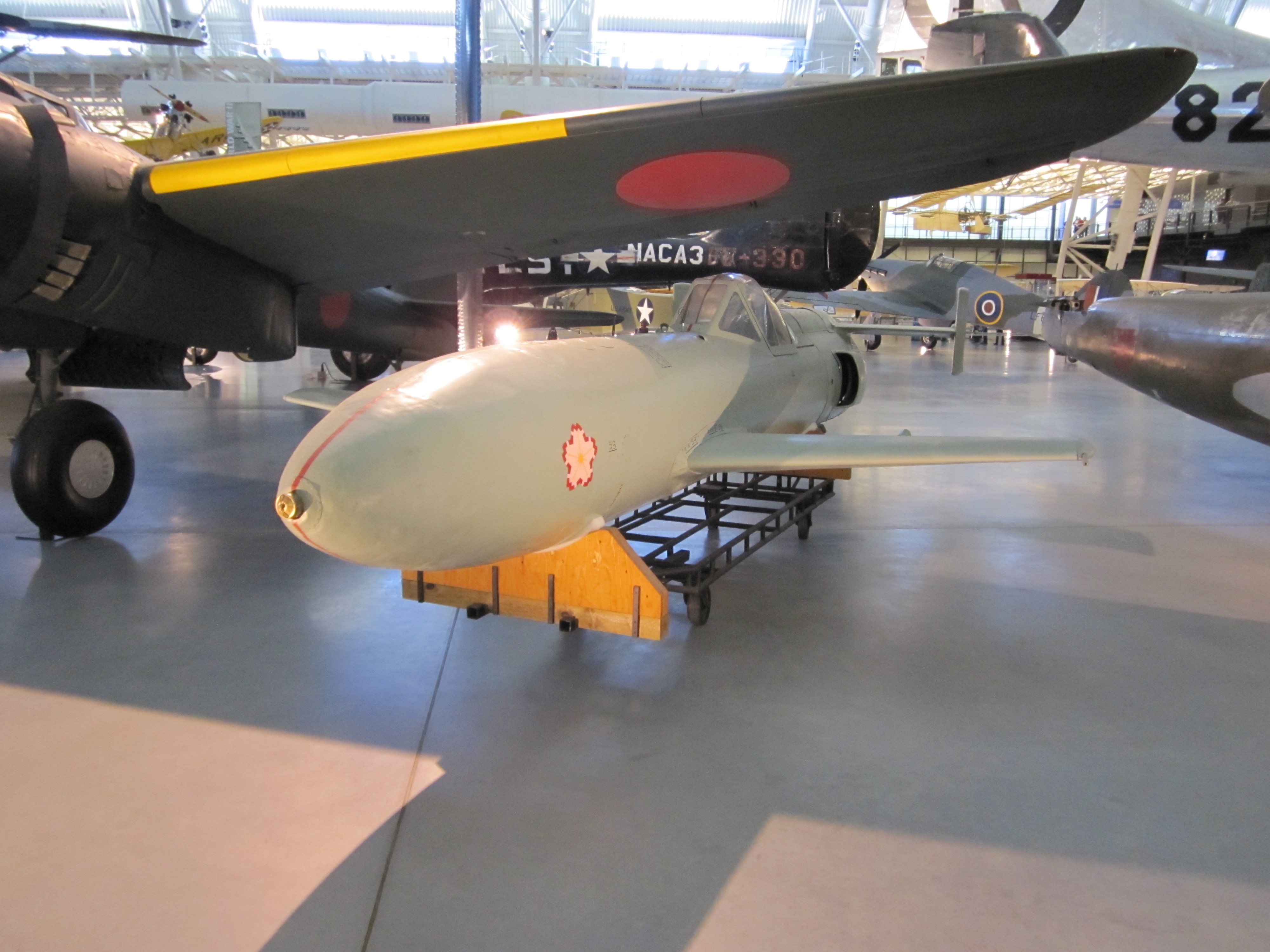Children of the Bomb
Originally written 8/6/2005, updated 2015…
Seventy years ago today, over 80,000 people died in a matter of minutes as an atomic bomb fell on Hiroshima, Japan. Many tens-of-thousands more would die in the months and years after the bomb due to radiation.
I am alive only because they are dead.
My father, Ensign Lyle L. Laws, was the captain of a small landing craft in the Pacific. His boat, like so many others, was preparing for the massive invasion of Japan. There was a sense of foreboding everywhere.
Different generals and their staffs estimated that the American dead would number anywhere from 100,000 to over 800,000 and it would take years to conquer the Japanese home islands. The U.S. made so many Purple Hearts in anticipation that the surplus has been used ever since, and is still used today in Afghanistan.

The cost in Japanese lives would be in the millions. The Japanese army was preparing for the invasion with a dizzying array of Kamikaze planes and boats, as well as volunteers willing to wear explosives and run at the enemy. On every Pacific island the Americans invaded, the Japanese fought to the last man. The only prisoners taken were those who were too wounded to kill themselves or run at the enemy. In Japan, schoolgirls were being taught to run at soldiers with long bamboo lances. The government and the army believed that it was better for the Japanese “race” to perish than to surrender to the U.S.
Then the atomic bomb was dropped on Hiroshima. The city had been spared the firebombing with which we were destroying most other Japanese cities. This was to let us – and Japan – see just how much damage the one bomb would do. The center of the city was vaporized. The outlying districts were destroyed by fire.
The Japanese did not surrender. In fact, the army started looking for ways to protect soldiers and citizens from the effects of the bomb. Some of the Hiroshima survivors happened to have been wearing white clothing, so word went out that one should wear white to protect oneself from the American weapon. Radiation poisoning was not understood. It was thought that perhaps there was poison gas in the bomb, so gas masks were issued.
But the point is, their resolve remained.
On August 9, a second bomb was dropped on Nagasaki, another city that had been spared so the effects would be… obvious. Now it was clear that Hiroshima wasn’t a fluke. The Americans had something that could destroy a city, or any large area, in one stroke. The government and army faltered in this realization, but vowed to fight on rather than surrender.
The Emperor had had enough. He intervened and said it was time for the unthinkable, it was time for surrender. Many members of the government and army committed suicide. Others attempted a coup. But the country surrendered.
All over the Pacific, allied soldiers celebrated. A new weapon that none of them had heard of and very few could comprehend had magically ended the war. There would be no invasion. They could all go home, including Ensign Laws, and get on with their lives.
I remember arguing with my father about this when I was young and more “militantly” liberal. He tried to explain the situation with Japan. He tried to explain the fear he had. But I was not listening. We blew up two cities. We were war criminals. Later on in life, neither of us ever brought it up again.
Now older, I find myself in the odd position of being very anti-nuclear, except for the two bombs that were actually used. I would truly love to see every country’s nuclear stockpile – including ours – destroyed.
But the two bombs we actually used? Well, from a pragmatic, un-emotional view, it seems like a win/win in the short term. 300,000 people died in Hiroshima and Nagasaki. Millions more than that would have died in an invasion. But that un-emotional view strikes at my emotional core. How can such a thing be justified? It can’t, not in the real world. But in the world of total war, where more than 30,000,000 people had already died, and where literally dozens of cities around the world had been bombed into non-existence, it’s easy to justify. Just two more cities to end it. Just two more cities and the biggest, bloodiest conflict in history stops. 1945 is a unique place in history. It’s the only place an atomic bomb can be used.
This is an extremely brief overview of a major turning-point in Human history. For every sentence I’ve written, you can find an entire book on that subject alone. And there are many more major and minor points to this whole argument that I don’t have time to write about. I have by no means read everything written on the subject. But I’m quite certain from what I know that I have to live with this simple fact:
I exist because of the bomb.
